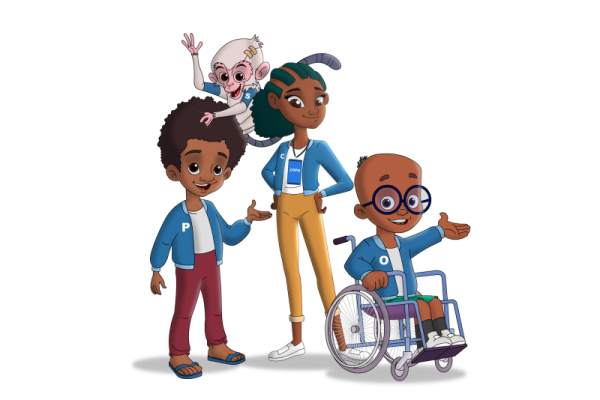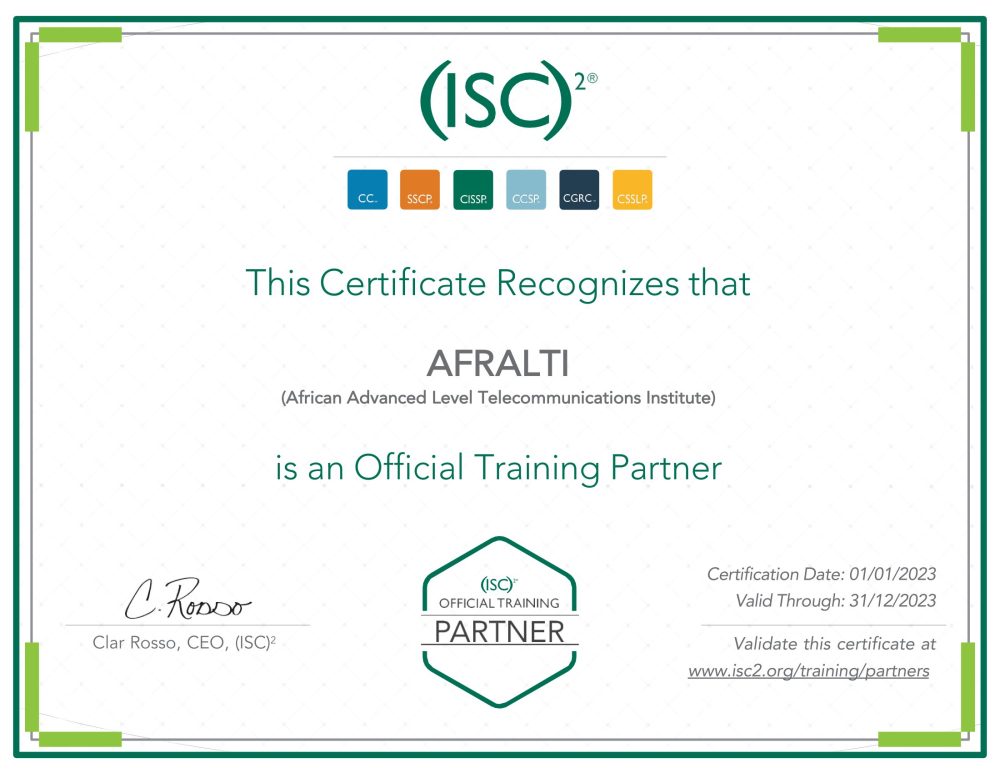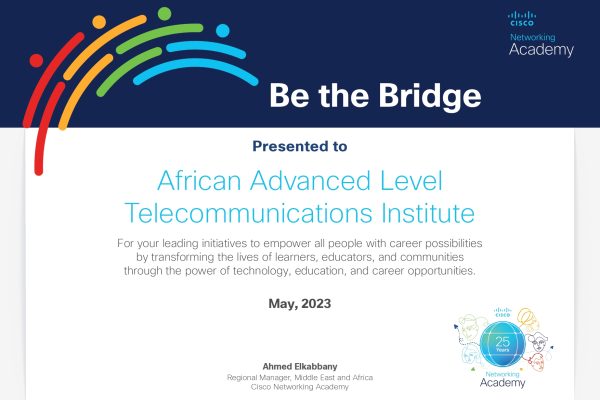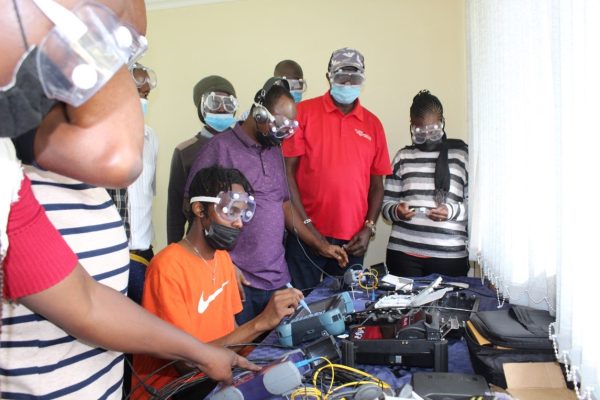
Child Online Protection For Children with Disabilities
We all want to protect our children from harm, especially if they are children with disabilities. In the current digital age, access to the internet has brought services and products closer to us, but the internet has also brought potential harm closer to us, including to our children. This means that as our protective instincts kick in offline, they should equally kick in online.
All children are vulnerable online, whether they are using online educational tools, playing internet-based games, or chatting on social sites such as Facebook’s Messenger Kids. This includes children with disabilities, who may have an even more difficult time recognizing threatening behaviours . Children with visual impairment may struggle with reading social cues, while children with psychosocial and intellectual disabilities may struggle with managing behaviour and making judgment calls about others. Children with albinism may be exposed to online victimization and dangers of organ harvesting. The list is endless.
But how do we protect children with disabilities from these and other potential dangers? Do parents, guardians, teachers, and other individuals who interact with children with disabilities know how to protect them from such dangers? If history is anything to go by, the first reaction would be to keep the children off the internet, which then magnifies the culture of segregation of children with disabilities.
It is possible to keep children with disabilities safe from online harm while they engage in the now necessary online activities. Following general guidelines such as making your home network safe, setting up parental controls, and installing virus protection would help keep them safe. It is also important to use child and disability-friendly browsers. Always remember that children with disabilities, like other children, can learn and observe from the people around them. It is therefore important to teach the children how to behave online, since access to the internet and other online platforms is not limited to the home.
“For most people, technology makes things easier. For people with disabilities, technology makes things possible” (Mary Pat Radabaugh 1993). This quote sums up the importance of technology in the empowerment of children with disabilities. The experiences of children with disabilities can be enhanced through the use of technology, but it is important to develop guidelines and training tools to help the society protect them from online harm.
This is why AFRALTI and the Communications Authority of Kenya continue to run the Child Online Protection (COP) program which is necessary in championing the online safety of children with disabilities.



